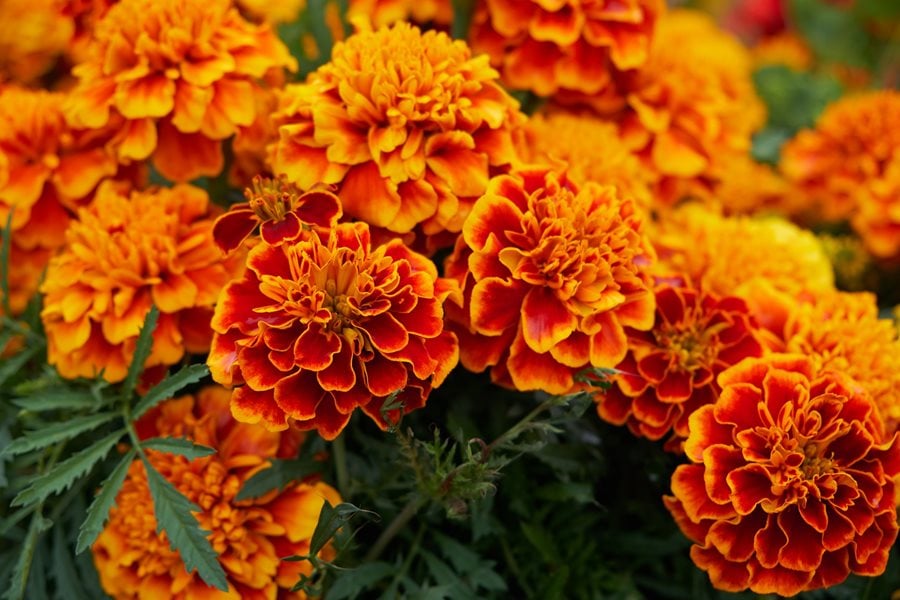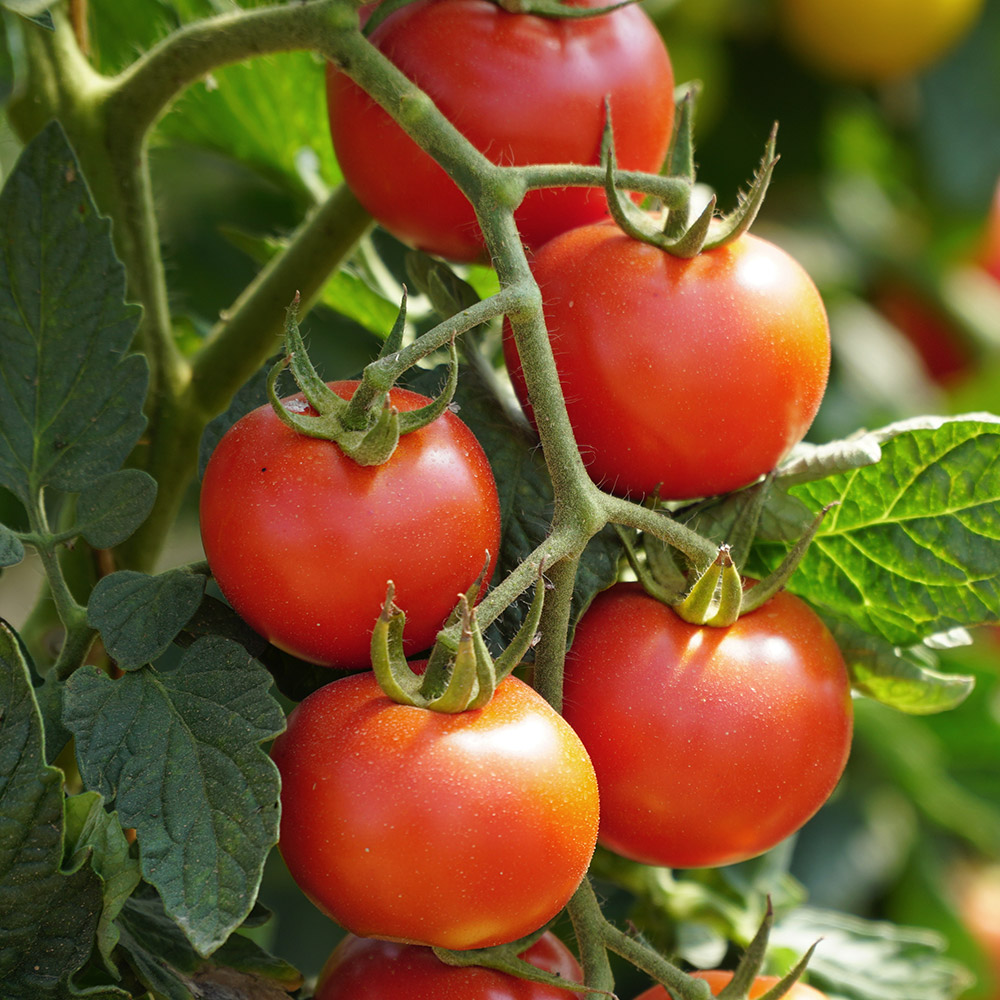Amazing Companion Plants For Petunias That Will Boost Your Vegetable Garden
Amazing Companion Plants for Petunias That Will Boost Your Vegetable Garden
Petunias are a popular choice for adding color and beauty to gardens. But did you know that they can also be beneficial to your vegetable garden? When planted together, some companion plants can help to improve the growth and productivity of petunias, while others can help to repel pests and diseases.
In this blog post, we will discuss some of the best companion plants for petunias. We will also provide some tips on how to plant and care for these plants together.
Benefits of Companion Planting
Companion planting is a gardening practice that involves planting certain plants together in order to benefit each other. There are many different benefits to companion planting, including:
- Increased crop yields
- Improved plant health
- Reduced pest and disease problems
- Increased biodiversity
- Enhanced beauty
Companion Plants for Petunias
There are many different companion plants that can be beneficial to petunias. Some of the best options include:
- Basil: Basil is a natural insect repellent that can help to keep pests away from petunias. It also helps to improve the flavor of tomatoes, which can be planted nearby.
- Marigolds: Marigolds are another natural insect repellent that can help to protect petunias from pests such as aphids, whiteflies, and beetles. They also help to improve the drainage of soil, which can benefit petunias.

- Nasturtiums: Nasturtiums are not only attractive flowers, but they are also edible and can help to repel pests such as aphids and snails. They also help to improve the nitrogen content of the soil, which can benefit petunias.

- Potatoes: Potatoes and petunias can be planted together to help deter the Colorado potato beetle. The petunias' strong scent helps to mask the scent of the potatoes, making them less attractive to the beetle.

- Tomatoes: Tomatoes and petunias can be planted together to help attract pollinators, such as bees and butterflies. These pollinators help to pollinate the tomatoes, which can lead to increased fruit production.

How to Plant and Care for Companion Plants
When planting companion plants, it is important to consider the size and growth habits of each plant. For example, tall plants should be planted behind shorter plants so that they do not shade them out. It is also important to plant companion plants in the same type of soil and in the same amount of sunlight.
Once your companion plants are in the ground, you will need to care for them in the same way that you would care for any other plant in your garden. This includes watering them regularly, fertilizing them as needed, and protecting them from pests and diseases.
Conclusion
By planting companion plants with your petunias, you can help to improve their growth and productivity. You can also help to reduce pest and disease problems and enhance the beauty of your garden.
If you are looking for ways to improve your vegetable garden, companion planting is a great option. By planting the right companion plants together, you can create a more productive and healthy garden.
Petunias are beautiful flowers that can add a splash of color to any garden. But did you know that they can also be beneficial to your vegetable plants? When planted together, petunias can help to repel pests, attract pollinators, and improve the overall health of your vegetables.
Some of the best vegetable companion plants for petunias include:
- Tomatoes: Petunias and tomatoes are both sun-loving plants that need regular watering. They also attract different types of pollinators, which can help to improve the pollination of both plants.
- Cucumbers: Petunias can help to deter cucumber beetles from attacking your cucumbers. They can also help to improve the air circulation around your cucumbers, which can help to prevent diseases.
- Lettuce: Petunias can help to repel aphids and other pests from your lettuce. They can also help to shade the lettuce from the hot sun, which can help to prevent it from bolting.
- Asparagus: Petunias can help to improve the nitrogen levels in the soil for your asparagus plants. They can also help to attract pollinators, which can help to improve the production of asparagus spears.
If you're looking for more information about petunia companion plants for vegetables, I recommend visiting Gardenia Inspiration. This website has a comprehensive list of companion plants, as well as tips on how to plant and care for them.
Post a Comment for " Amazing Companion Plants For Petunias That Will Boost Your Vegetable Garden"